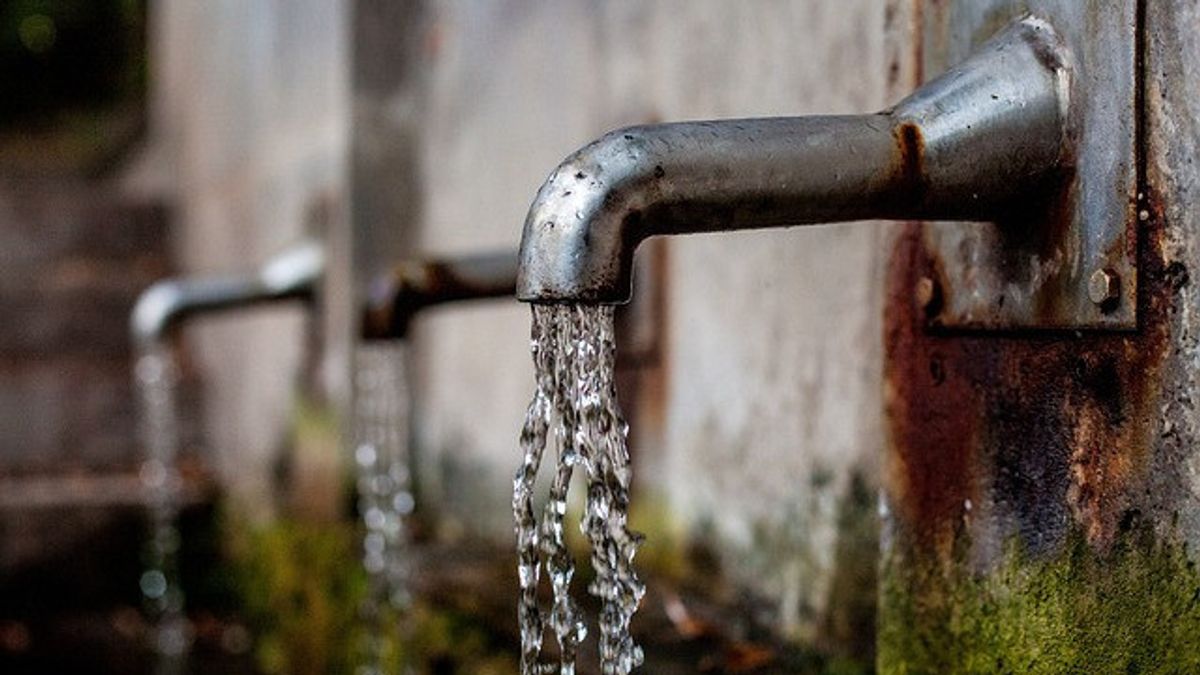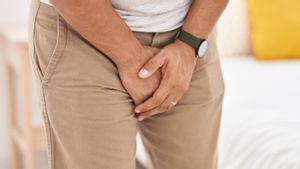JAKARTA - Well water or ground water is still a source of clean water for families. The need for sanitation to daily drinking water still depends on groundwater.
However, there is a danger of groundwater caused by pollution of certain chemicals that enter the ground. If drunk or used for daily activities, contaminated groundwater can certainly cause various health problems. Therefore, groundwater should not be used carelessly, especially if it is not confirmed cleanliness.
Bad water conditions have the potential to become a breeding ground for bacteria that can cause various diseases, such as diarrhea. Currently, the Food and Drug Supervisory Agency (BPOM) said that the issue of microplastics is an issue that is currently being observed.
International institutions such as the EFSA (European Food Safety Authority), the US-Environmental Protection Agency/US-EPA are currently developing a study including analytical methods to conduct toxicology research on human health.
Seeing this, representatives of the Halal Examining Agency (LPH), Dr. Ir. Muslich, M.Si, Halal Partnership and Audit Services Director, LPPOM gave their appreciation regarding the certification process that has been passed by water and air purification products from South Korea, Coway well.
"The examination was carried out starting from raw materials to the Coway water purification production facility," said Dr. Ir. Muslich, M.Si added, Dr. Ir. Muslich was quoted by VOI from a media broadcast, Wednesday, July 10.
"In addition, the company is also asked to form a halal management team, which is tasked with independently controlling the implementation of the Halal Product Guarantee System (SJPH) criteria which are prerequisites for halal certification," he added.
Jane Oibanitehenia Gulo, Coway Water Quality Laboratory Manager presented the challenges Coway faces in ensuring the safety of drinking water sourced from groundwater and piping water. This conversation also highlighted the issue of microplastics in drinking water.
SEE ALSO:
Regarding microplastics, the test protocol passed must be able to reduce particles up to 30 nanometers in size, about 1000 times smaller than a single human hair. The Reverse Osmosis (RO) filter on the Coway water purifier has been verified by Intertek with more than 99% efficiency in removing nanoparticles.
Until now, performance testing reports ensure that 40 water purifier Coway models, including those marketed in Indonesia, effectively eliminate 30 nanometer particles. This capability is in line with the Indonesian government's program which targets 100% access to drinking water to be suitable and 15% access to drinking water is safe.
"As business actors in the field of water purification for more than 30 years, we have wide-opened collaboration opportunities with the government and State-Owned Enterprises to contribute to realizing access to safe drinking water that can be enjoyed by all levels of society, in accordance with the 2023 Sustainable Development Goals (SDGs)," said Tony Cho, President Director of Coway Indonesia.
The English, Chinese, Japanese, Arabic, and French versions are automatically generated by the AI. So there may still be inaccuracies in translating, please always see Indonesian as our main language. (system supported by DigitalSiber.id)
















